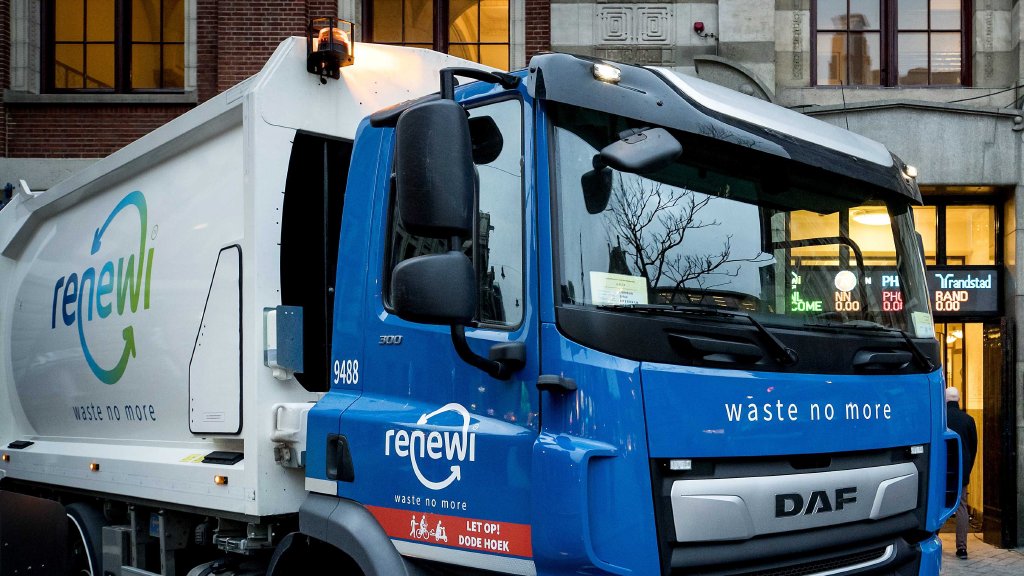Households are producing up to 10% more waste as family members work from home during Covid-19 restrictions, according to waste management company Renewi.
The company is one of the biggest waste management businesses in the Benelux
at the same time as businesses are paying less for less waste. The company came about by the merger of Shanks Group in the UK and Van Gansewinkel in the Netherlands. The company has 2,000 trucks on the road in the Benelux, including 800 in Belgium.
The company specialises in commercial waste, where it saw a marked reduction in volumes during the first lockdown, CEO Otto de Bont told De Tijd.
“We were shocked when we only reached 65% of our usual waste volumes in Belgium in April,” he said.
“Afterwards, that did recover somewhat, with 91% of normal volume in the summer months. But that is still significantly lower than the Netherlands, where government measures are less strict and we are back at 97% of normal volume.”
Among the businesses most affected were restaurants and cafes, while other sectors were barely touched.
“For some things, such as hospital waste and protective clothing, we have seen an increase that makes up in part for losses elsewhere,” he said.
The biggest increase, however, was in domestic waste.
“People are more at home, so we see more household waste,” says De Bont. "Certainly in the Netherlands and the UK, where we are only active in household waste, we have been able to limit the volume loss. In Belgium, household waste collection for municipalities is about a quarter of our activities. The municipalities have seen an increase in volumes of about 10%.”
The company was hit especially during the first lockdown by the closure of container parks, which deprived Renewi of an important materials stream. The company not only picks up waste, it also recycles it, with 65% finding a new purpose, a figure the company wants to increase to 75% by 2025. Growth areas include mattresses, disposable nappies and plastic.
And Flanders, in the latter case, is leading the way, de Bont said.
“Flanders is a forerunner in the transition to pmd+, the separation of different types of plastic such as polypropylene, PET and PVC,” he said.
“When those materials are mixed, you can hardly do anything with them, except maybe make traffic bollards. If you separate them, you can reuse them much more usefully.” The challenge is to achieve stable demand for those products. New plastic is currently cheaper than recycled plastic, but we are convinced that there will be a huge change in the market with a push from European regulations towards more mandatory recycling. "
Alan Hope
The Brussels Times

